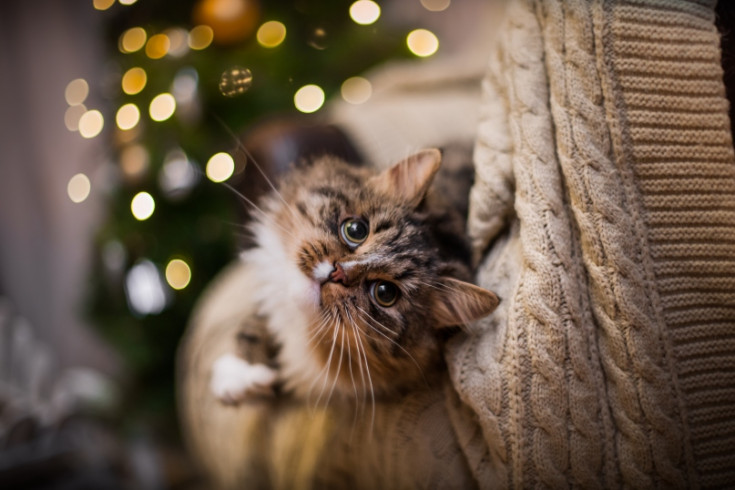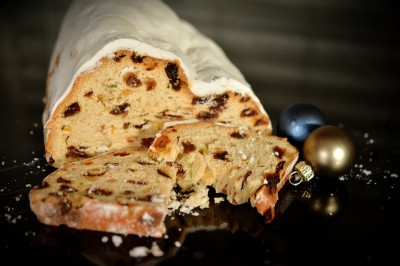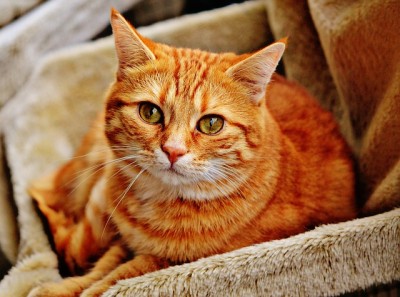
What can't cats eat?
There are lots of tasty human foods that can make your cat very ill. Any food not specifically designed for cats can affect the digestive system, causing vomiting, diarrhoea, or loss of appetite.
Foods that cats can’t eat include:
- Alcohol
- Chocolate
- Tea, coffee and energy drinks
- Cheese and milk
- Fat trimmings
- Raw eggs, raw meat and raw fish
- Grapes and their dried forms raisins, sultanas and currants
- Onions and garlic
- Xylitol
Find out more about the dangers these foods pose to cats in our list of foods cats can’t eat below.
My cat's eaten poisonous food, what should I do?
If you suspect your cat has eaten human food poisonous to cats, try to determine how much she may have eaten and contact your vet for advice. If it’s out of hours, find your nearest emergency vet here.
In some cases, small quantities may not cause a problem, but larger quantities may require urgent treatment.

1. Alcohol
As little as a tablespoon of alcohol can lead to problems for your cat. It can cause severe liver and brain injury.
2. Chocolate
Chocolate contains theobromine. While this bitter-tasting stimulant is found in all forms, it’s most concentrated in dark and unsweetened chocolate. Ingestion can cause heart problems, muscle tremors, or seizures. Chocolate also contains caffeine.

3. Coffee, tea and energy drinks
These contain caffeine – it can cause your cat to become restless, suffer from rapid breathing, heart palpitations and muscle tremors.
4. Cheese and milk
Perhaps surprisingly, dairy products such as milk and cheese are high on the list of what can cats not eat. This is because some cats are lactose intolerant so if they eat dairy products it can cause vomiting and diarrhoea.
5. Fat trimmings, raw meat, raw eggs and raw fish
Can cause vomiting, diarrhoea or a painful condition called pancreatitis (from excessive fat) and there is also a risk of Salmonella or E. coli associated with raw meat, raw eggs and raw fish.

6. Grapes and their dried forms of raisins, sultanas and currants
Dogs can suffer acute kidney failure from eating grapes or raisins – and although toxicity in cats is only anecdotal we would strongly advise that you keep these foods out of reach of your cat.
7. Onions and garlic
All members of the onion family can cause problems if eaten in sufficient quantity. A little bit of onion or garlic in some sauce is not likely to cause any problems. However, eating a clove of garlic or a green onion may cause digestive upset. Eating some type of onion on a regular basis could cause anemia.
8. Xylitol
This is a sweetener used in a lot of sugar-free foods, especially chewing gum. There are no records of cats becoming ill from this product, but in dogs it can cause a severe drop in blood sugar – which can cause seizures and convulsions or even death – followed by liver failure. It’s better to be safe and not let your cat eat foods that contain this ingredient.

How to prevent cats eating harmful foods?
The best prevention is simply to keep your food out of reach of your cat. If you choose to give your cat human food, follow these guidelines:
- The food should only be considered a treat and only given on the odd occasion to prevent gastrointestinal upset and nutritional imbalances
- If you wouldn’t eat it, don’t feed it to your cat.
- If you wouldn’t eat the food raw, then your cat shouldn’t either
Treatment for cats that have eaten toxic food
If your cat has eaten food that can cause them harm, treatment is generally supportive until the symptoms resolve. This may involve hospitalisation, intravenous fluids (a drip) and blood tests to monitor organ function.
